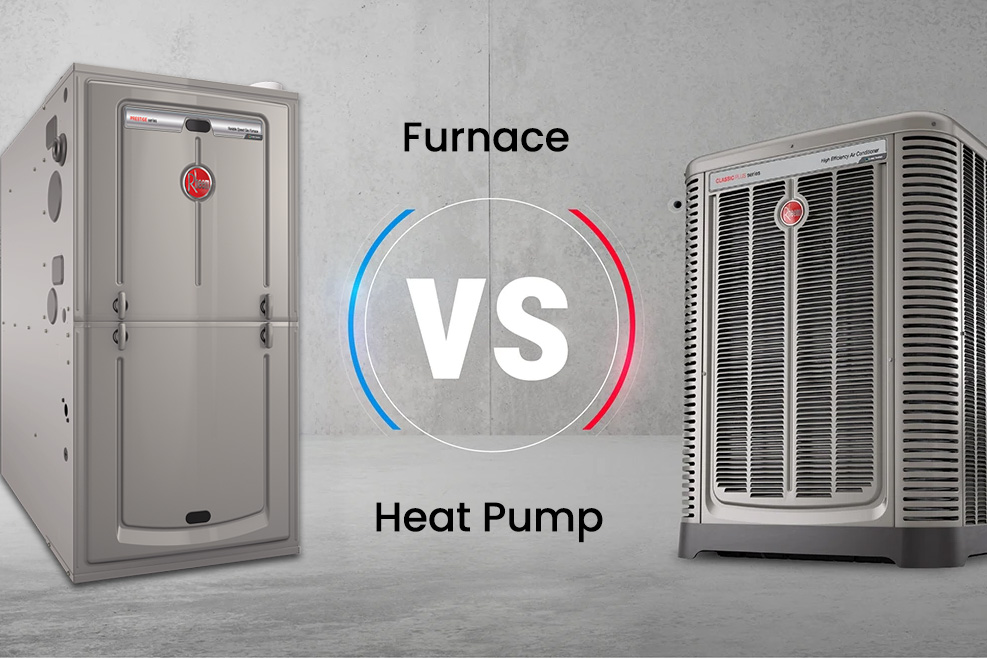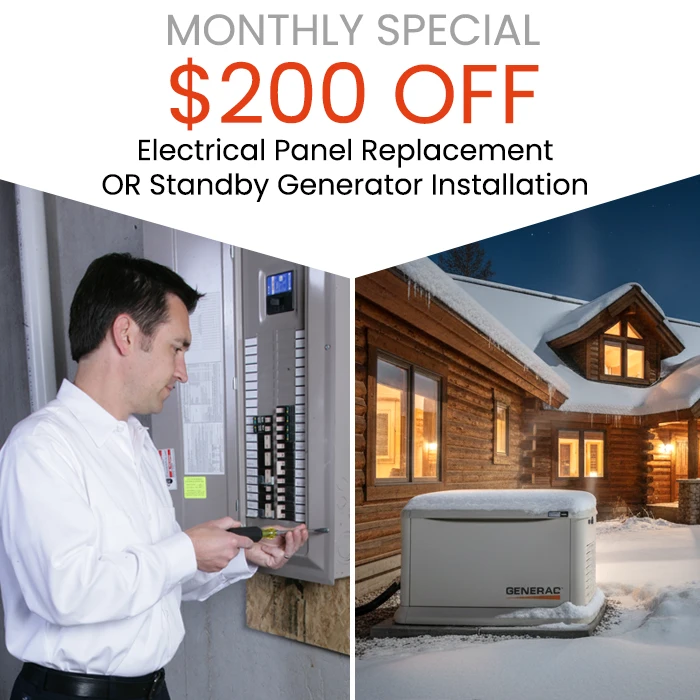A Montana Homeowner’s Guide
If you’re a homeowner in the Flathead Valley, the chill of winter is no stranger to you. Ensuring your home is warm and comfortable is a top priority, but which heating system is right for you: a heat pump or a furnace? Let’s dive into the differences and factors you should consider.
1. How They Work
Heat Pump
A heat pump doesn’t generate heat; it moves it. During winter, it extracts warm air from underground and transfers it indoors. In the summer, it does the reverse, acting like an air conditioner.
- It’s an all-in-one heating and cooling system.
Furnace
A furnace generates heat by burning fuel (natural gas, propane, or oil). It then distributes this heat throughout your home using a blower and your home’s duct system.
- Only provides heating, not cooling.
2. Efficiency
Heat Pump
Heat pumps are generally more energy-efficient because they transfer heat rather than generate it. Modern heat pumps can be effective even in colder temperatures, but their efficiency decreases as the temperature drops.
- During extremely cold snaps, a heat pump is less efficient than a furnace
Furnace
Furnaces have an AFUE (Annual Fuel Utilization Efficiency) rating to indicate their efficiency. High-efficiency models can have AFUE ratings of 90% or more, meaning 90% of the fuel is converted into usable heat.
- A high-efficiency furnace is extremely effective at heating in very cold conditions
3. Lifespan
Heat Pump
Typically lasts about 10-15 years.
- Since they work year-round (both summer and winter), they may wear out quicker than furnaces
Furnace
- Furnaces generally have a longer lifespan, ranging from 15-20 years, especially when well-maintained.
4. Cost
Heat Pump
Initial installation costs for heat pumps can be higher than for furnaces. However, operating costs can be lower due to their energy efficiency.
Furnace
Furnaces may have a lower installation cost compared to heat pumps, depending on the model and efficiency ratings. The operating cost can vary depending on the efficiency of the furnace and the cost of the fuel source (natural gas versus propane).
5. Factors for Montana Homeowners
Climate
Montana’s winters can be severe. While modern heat pumps are designed to work in colder climates, the extreme cold might push a heat pump to its limits. A furnace, on the other hand, is designed to handle such cold with ease.
Utility Costs
Consider the cost of electricity vs. the cost of natural gas or oil in your area. This will influence the operating costs of either system.
For Montana homeowners, the decision between a heat pump and a furnace takes careful consideration. While heat pumps offer energy-efficient heating and cooling, the extreme Montana winters might favor the consistent and more robust heating of a furnace. Ultimately, you’ll need to consider your budget, comfort preferences, and local utility costs.
Have questions about which heating system is right for your home? The HVAC experts at Central Heating Cooling Plumbing and Electrical can provide insights tailored to your specific needs, ensuring you make the best choice for your home.




